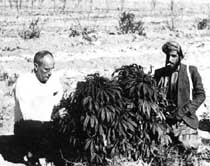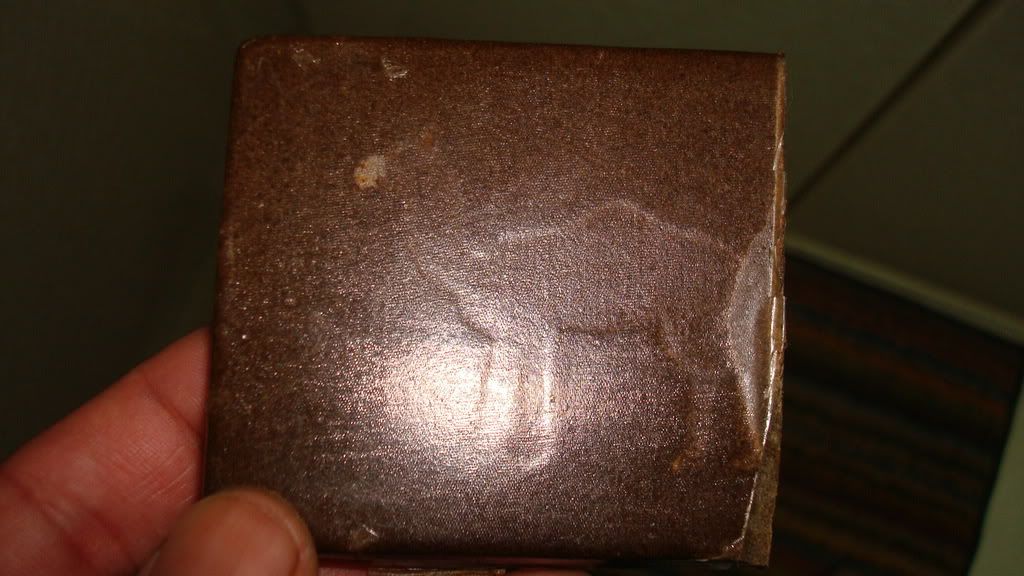Madjag in the Media - Part 3
Madjag in the Media - Part 3
Hit it big time in Newsweek October 25, 1982, as the only private label, non-generic brand listed on page 3 of the article where they list all the other famous brands like Panama Red and Acapulco Gold. Made our heads swell a bit, but we were youngsters then with big dreams!
Cover:

Page 3:

Madjag in the Media - Part 3
Hit it big time in Newsweek October 25, 1982, as the only private label, non-generic brand listed on page 3 of the article where they list all the other famous brands like Panama Red and Acapulco Gold. Made our heads swell a bit, but we were youngsters then with big dreams!
Cover:
Page 3:







